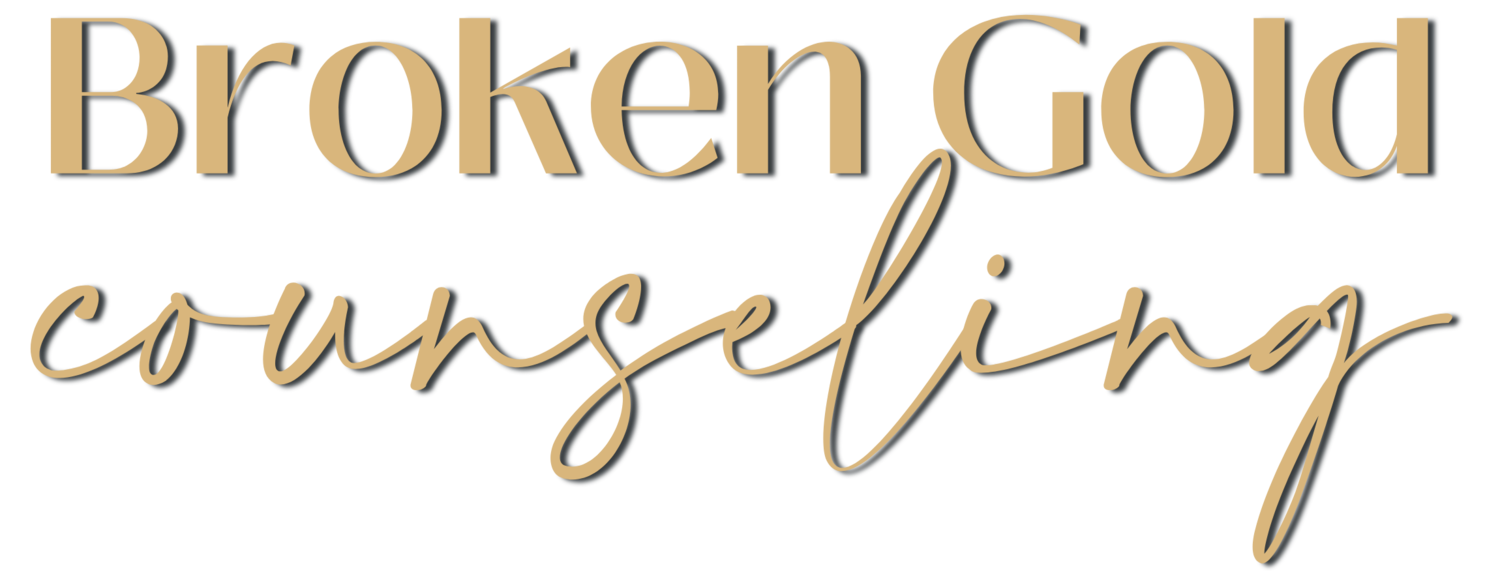Let’s Talk About Goals
I recently completed my Level 1 training in Gottman Method Couples Therapy. As I finished the quiz, and somewhat nonchalantly, printed my certificate, it struck me that I had actually just reached a professional goal that I set out for myself last year. I had just reached an important goal and I barely took the time to even notice – it just felt like checking another item off my To-Do List.
Two things struck me about this.
First, I definitely should be taking the time to celebrate my accomplishments.
Second, I managed to reach a goal that I hadn’t been too diligent about completing.
I’ll say more on the first point later, but for now, I want to talk about the second point: setting and reaching goals. Setting goals and taking the necessary steps to reaching those goals are two important skills of emotion-regulation that I regularly stress with clients and often work on as part of treatment plans. The accomplishment of value-driven goals is one of the best ways to accumulate positive emotions in your life over the long term.
And yet, most of us still struggle with goal-setting and breaking down goals into smaller steps. So, if this is something that is, admittedly, challenging, how are we supposed to set goals and then reach them? If you’re a human being, you will at time struggle with goal-setting. Even the most achievement-focused person will, occasionally, trip and stumble on the way to reaching a goal. No one is perfect.
There are, of course, different methods for goal-setting. Probably one of the most recognized method for goal-setting is the SMART goal method. If you’re not familiar with the SMART goal method it is illustrated here:
As you can see, this method is pretty straightforward, however, in my work with clients (and personally too) I find that people can often get tripped up at every step. Sometimes goals are not clearly identified, and can be abstract or too complicated. For example, building creativity is not a clearly defined goal, which in turn makes it difficult to measure. Getting clear on how you want to build creativity would lead to a clearer goal. For instance, setting the goal of learning to write poetry is more specific, and can be measured through many different ways. Additionally, the process of measuring progress can also be challenging, and there are times where a goal just may not be attainable. For example, losing 20lbs in two weeks is not a realistic or attainable goal and would need to be adjusted.
Despite the value of the SMART goal method, there are lots of places where someone could stumble in using it to set goals. What can happen is that someone that stumbles repeatedly over these steps may lose confidence that they can ever reach their goal.
But…there is hope! I have learned a way to simplify this method so that it is not confusing and will work. I have learned how to take big goals of my own and accomplish these goals, in spite of being someone who struggles with procrastination and completing projects. So, if I can accomplish big goals, without being the most motivated or focused person, SO CAN YOU!
There are two things you need to accomplish any goal. If you do only these two things, I promise you, you can accomplish any goal.
First…you need to connect to your goal.
A goal has to be meaningful in order to motivate you to reach it. Viktor Frankl said, “Those who have a ‘why’ to live can bear with almost any ‘how’.” This is never truer when thinking about working towards a goal. The bottom line is, if your goal is not something you really want, you are not going to do it. There are lots of things we may want: a fit, athletic body, freedom and flexibility to work for ourselves, speak another language, etc. However, if we have not connected to what these things mean to us and also to a sense of appreciation and love of the process involved, we may soon give up these goals once we realize how much work is involved in reaching them. It is vital that we have a deep sense of connection to the goals we choose. Why do you want what you want? One thing that can help in making sure goals are meaningful to you is to connect them to your values. Goals connected to YOUR values will always be meaningful to you.
Second…do something every day to move you closer to your goal, no matter how small, just do something.
If you work on your goal daily, eventually you will achieve what you set out to do. Remember, small progress forward, is still progress.
Of course there are other things to consider when working towards a goal, as is evident in the SMART goal method, but these two are the foundation of successfully working towards goals.
And finally, (returning to my first point) take time to celebrate your successes along the way. Don’t wait until you have reached a goal. Celebrate the milestones leading up to the completion of your goal as well. This acknowledgement of our work has the effect of being validating, and when we feel validated we feel self-respect and have confidence in our abilities. Acknowledging our successes is a way for us to honor the hard work we have put in.


